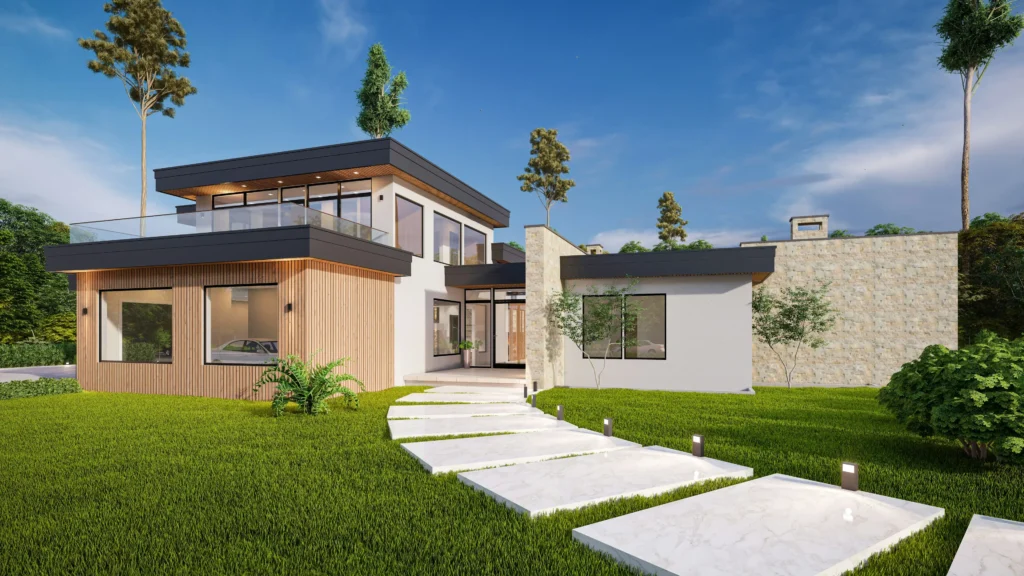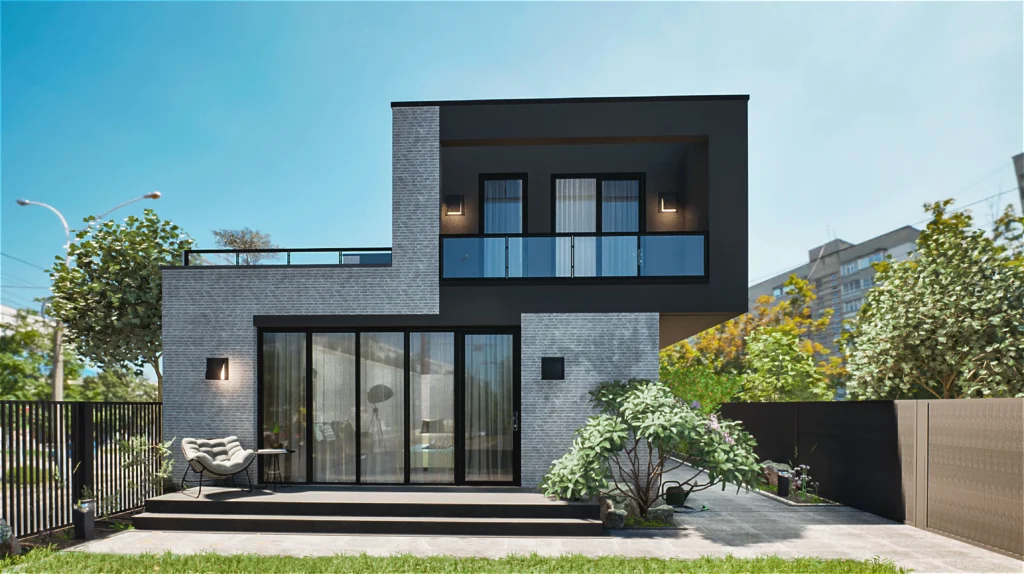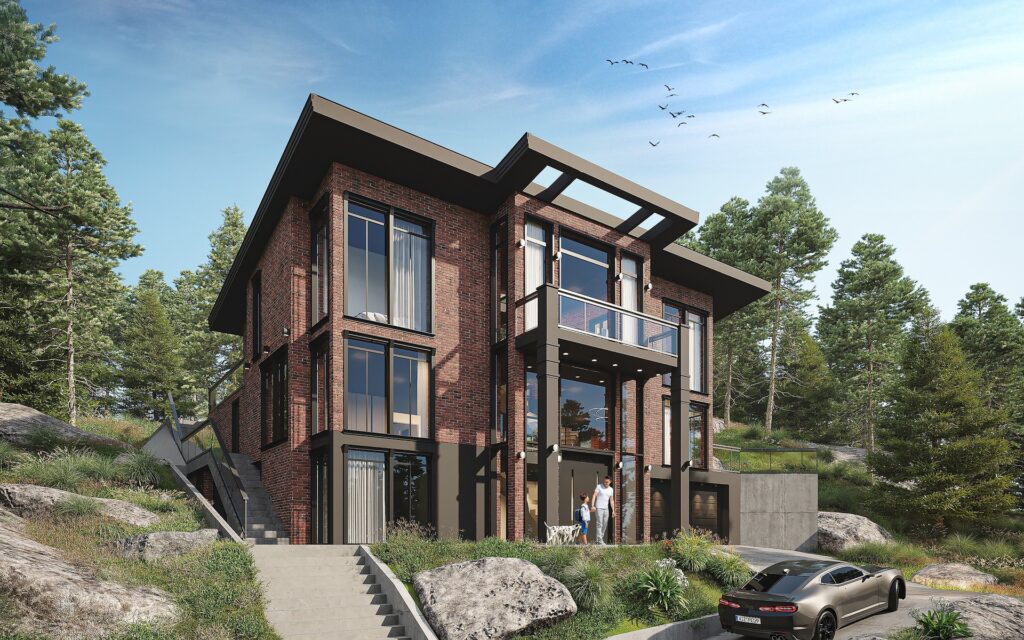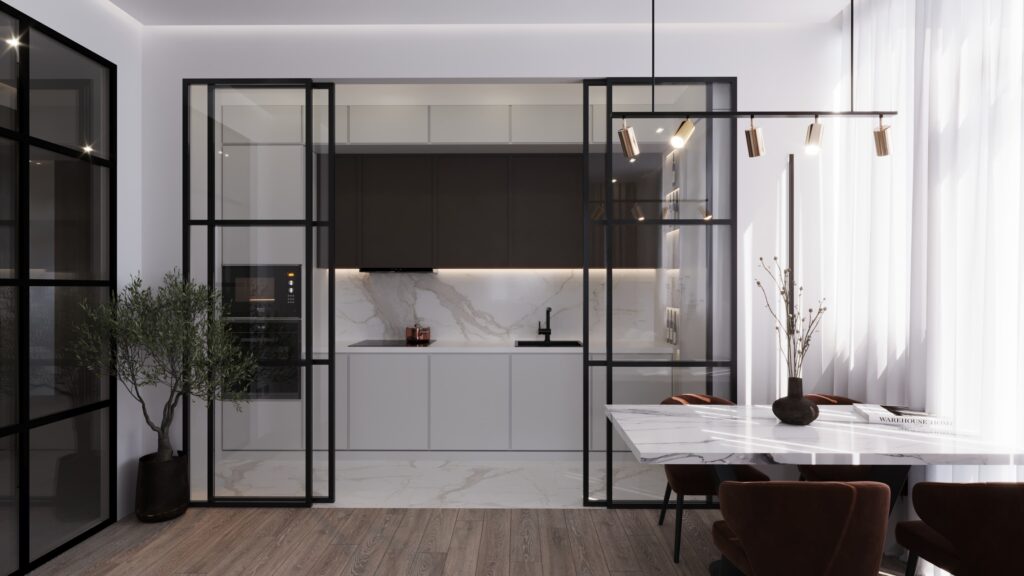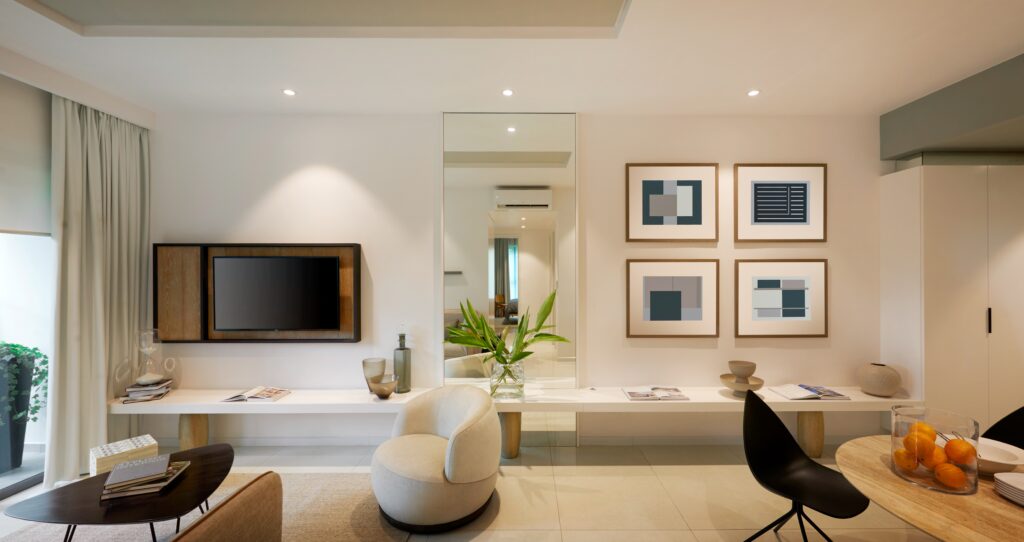Understanding Architectural Visualization
Architectural visualization, also known as architectural rendering or 3D rendering, is the process of creating digital images, animations, or interactive models that visually represent architectural designs before they are built. Using advanced computer software, designers can transform 2D sketches, CAD drawings, and conceptual ideas into realistic, immersive visualizations that showcase the project in its final form.
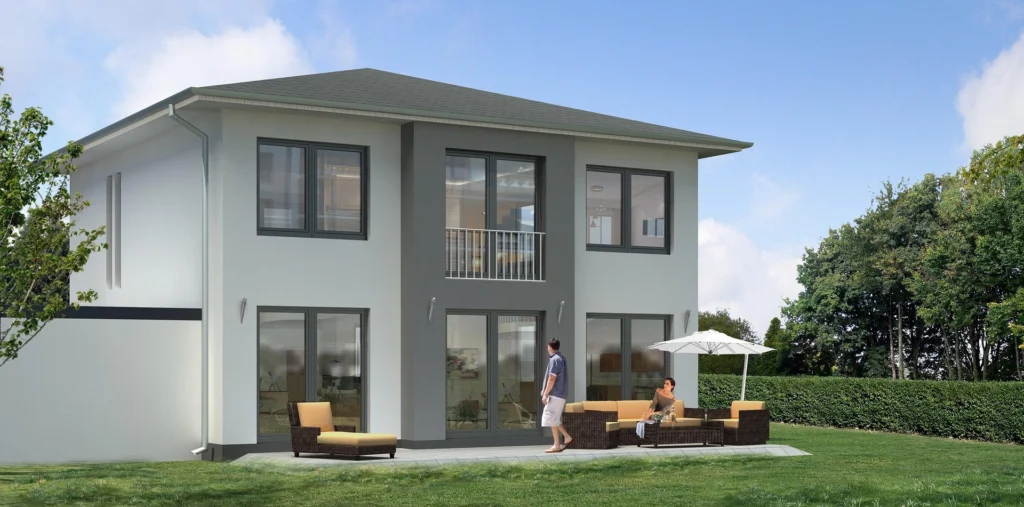
Types of Architectural Visualization
Architectural visualization comes in various formats, each serving a different purpose in the design and approval process:
1. Still Images (3D Renderings)
These are high-quality, photorealistic images of an architectural design, often used for presentations, marketing, and client approvals. They help stakeholders visualize the materials, textures, lighting, and spatial relationships of a project.
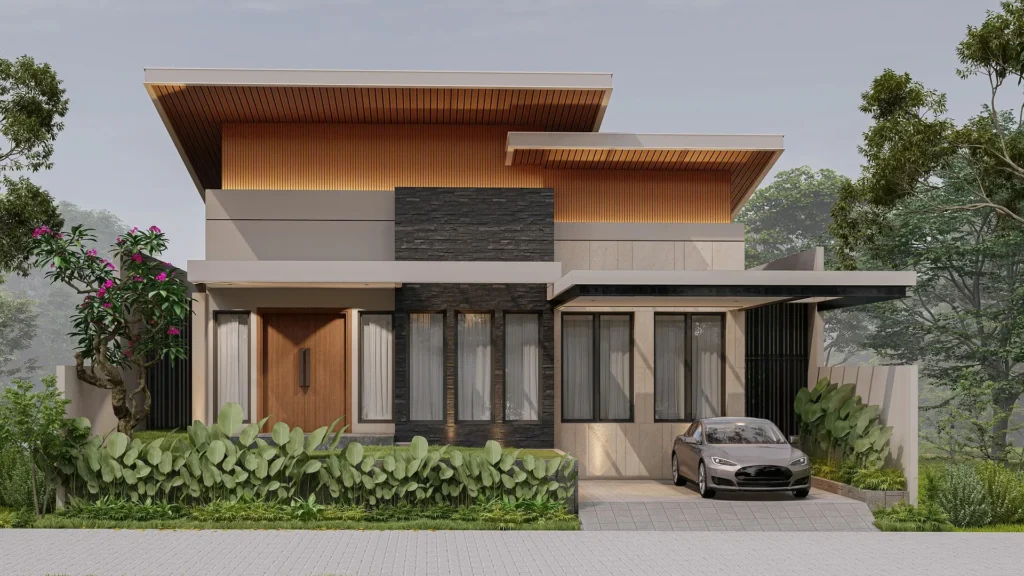
2. 3D Animations & Walkthroughs
A 3D animation is a short video that takes viewers on a guided tour through the building, showcasing the layout, atmosphere, and design intent. This format is especially useful for real estate marketing, helping potential buyers or investors experience a property before it is constructed.
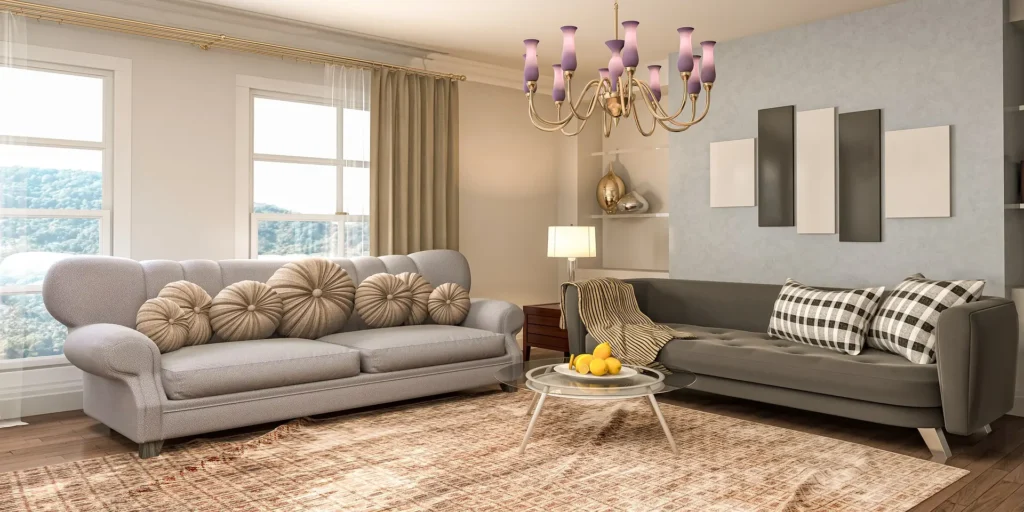
3. Virtual Reality (VR) & Augmented Reality (AR)
VR allows users to immerse themselves in a digital environment, walking through a 3D-rendered space as if they were physically there. AR overlays digital models onto real-world environments, helping clients see how a project would look in its actual setting. These technologies provide an interactive and engaging way to explore architectural designs.

The Benefits of Architectural Visualization
1. Enhanced Design Communication
3D rendering eliminates guesswork and misinterpretation by presenting a clear, realistic visual of a design. Architects and designers can communicate ideas effectively, ensuring that all stakeholders understand the project’s vision.
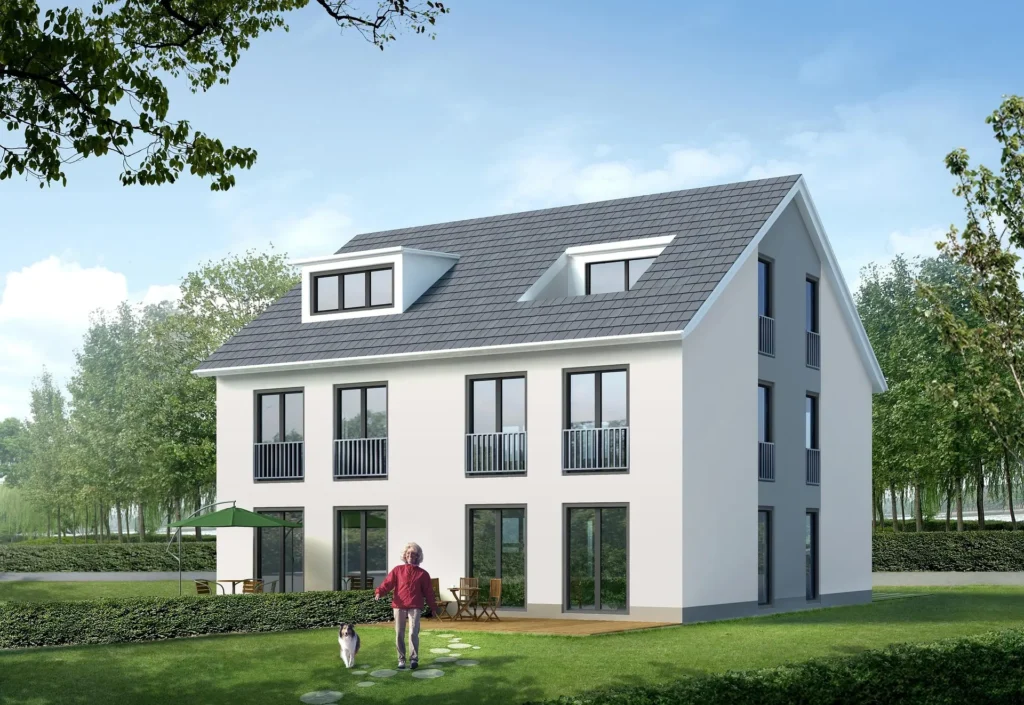
2. Faster Decision-Making
Clients and investors often struggle to interpret 2D drawings. Architectural visualization bridges this gap by offering lifelike representations, making it easier for decision-makers to approve designs, suggest modifications, and move projects forward quickly.
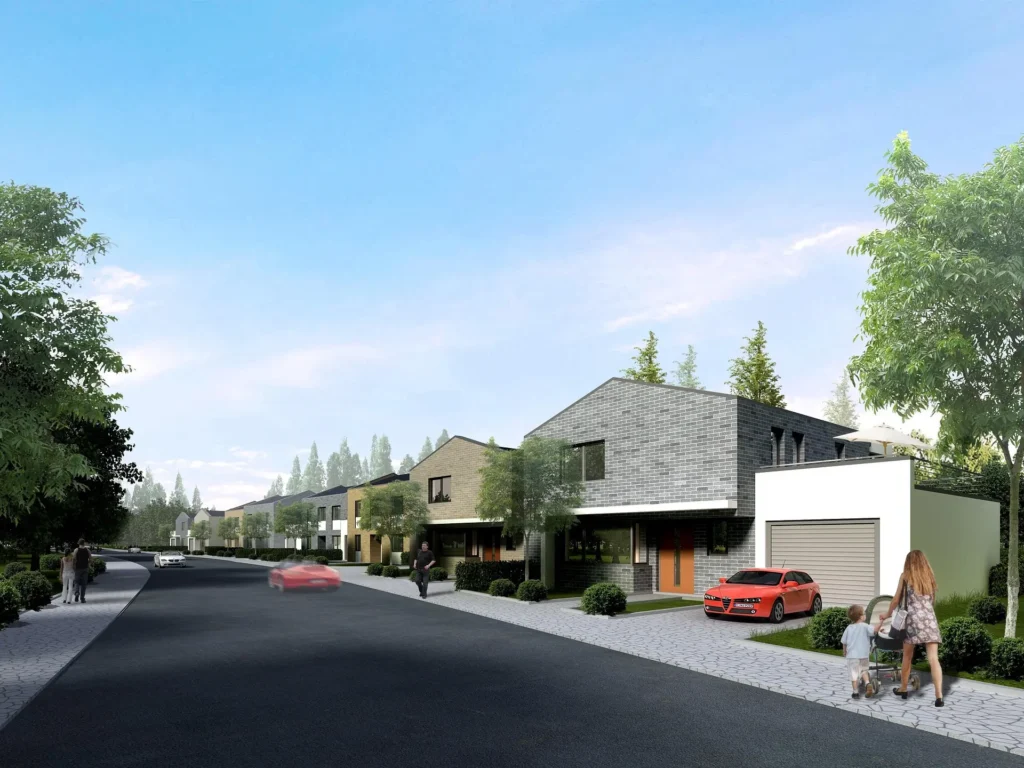
3. Cost and Time Savings
Detecting design flaws early in the process prevents costly changes during construction. 3D rendering allows designers to test different materials, layouts, and lighting conditions before any physical work begins, reducing wasted time and resources.
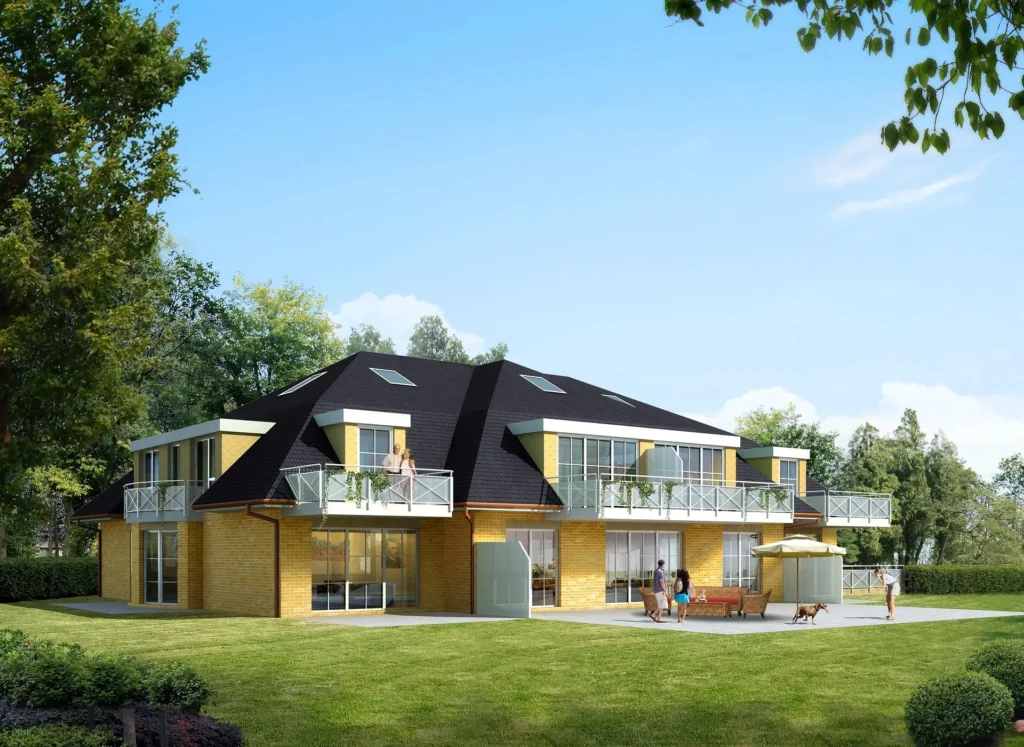
4. Competitive Advantage in Real Estate & Marketing
High-quality architectural renderings enhance marketing efforts for real estate developers and property sellers. Listings with 3D visualizations attract more buyers, as they can see the final product in a compelling and engaging way.
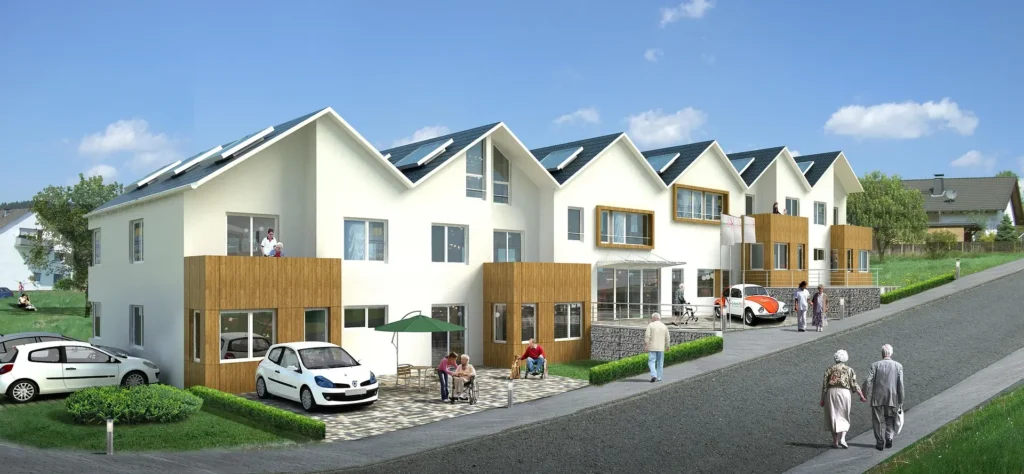
5. Client Satisfaction & Approval
With architectural visualization, clients feel more involved in the design process. They can request adjustments before construction begins, ensuring the final product meets their expectations and reducing the risk of dissatisfaction.
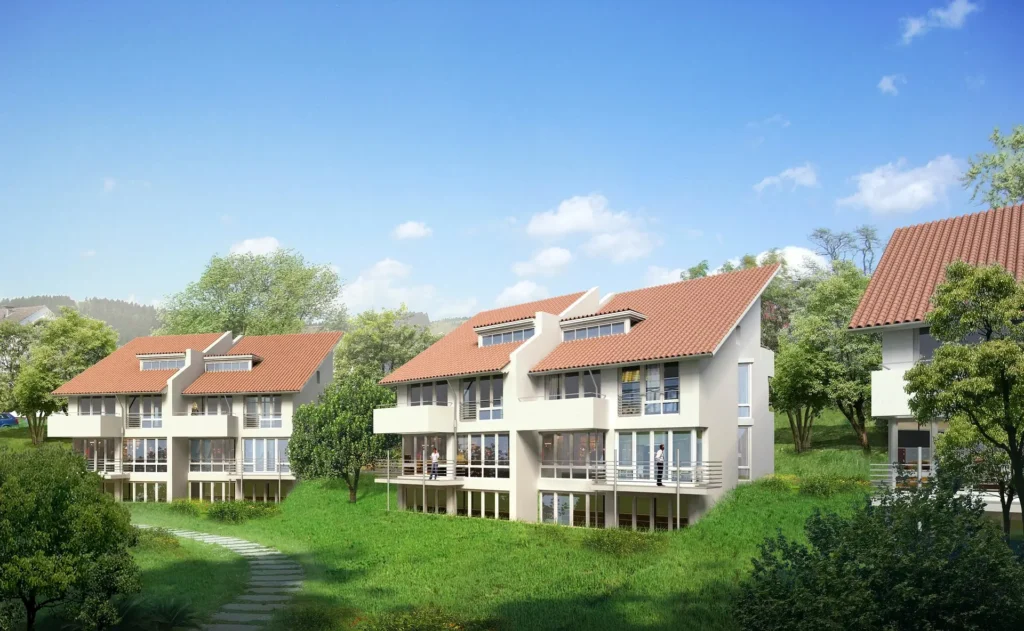
Why Architectural Visualization is Crucial in Today’s Market
The demand for architectural visualization has grown rapidly as clients, developers, and investors expect high-quality visual representations before committing to a project. In a competitive industry, the ability to present stunning 3D renderings can be the difference between winning or losing a project bid.
Additionally, the rise of sustainable architecture has made visualization an essential tool. It allows architects to simulate energy-efficient designs, optimize natural lighting, and experiment with eco-friendly materials before construction begins.
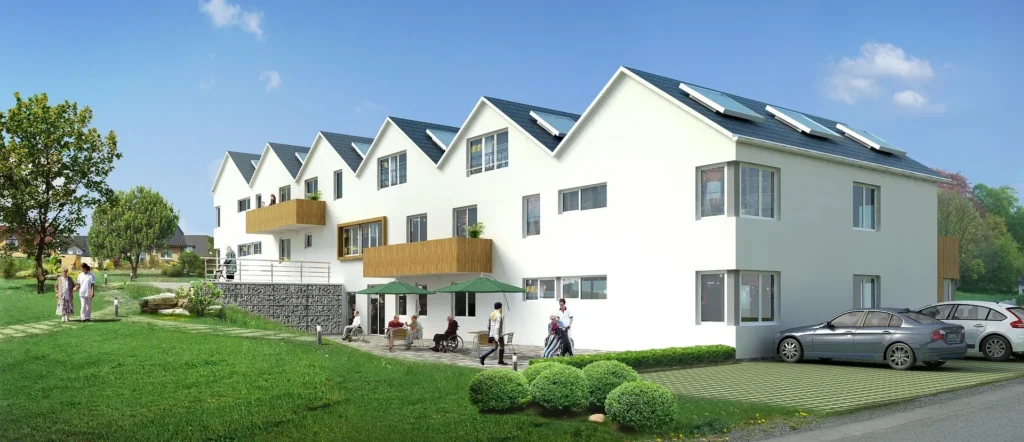
Real-World Examples of Architectural Visualization in Action
Many successful projects have relied on architectural rendering to bring their visions to life:
- High-End Residential Projects: Luxury home developers use photorealistic renderings to showcase properties before construction, helping secure pre-sales.
- Urban Planning & Infrastructure: Cities use 3D visualization to plan road networks, public spaces, and large-scale infrastructure projects efficiently.
- Commercial & Retail Spaces: Shopping centers, hotels, and office buildings use 3D rendering to attract investors and tenants before development begins.
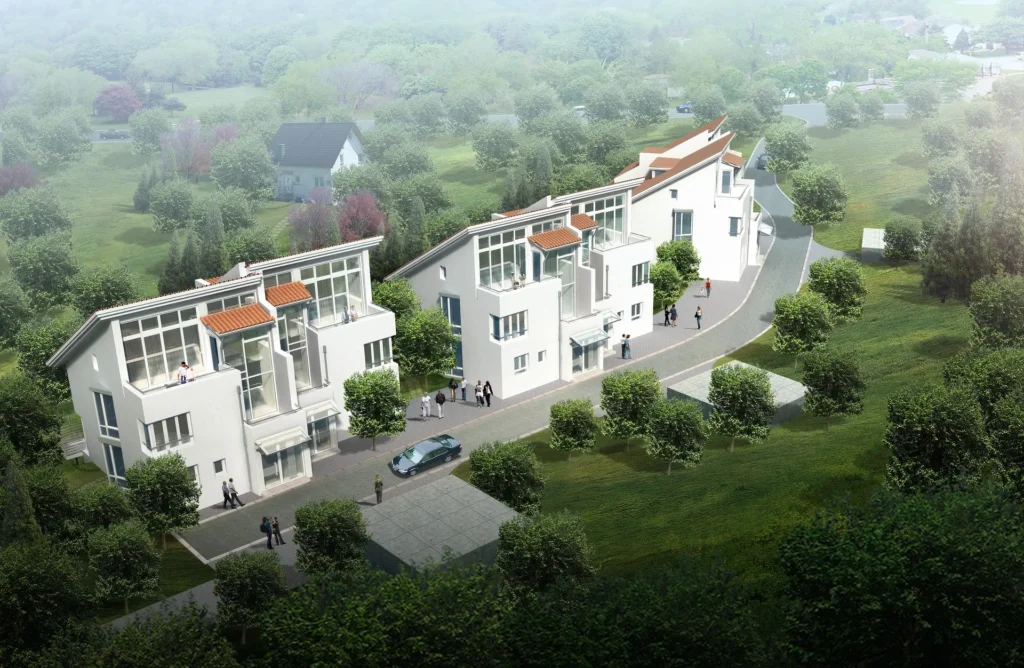
Conclusion
Architectural visualization is more than just an artistic representation—it’s a powerful tool that enhances communication, speeds up decision-making, and drives sales in the architecture, real estate, and construction industries. Whether through 3D renderings, animations, or immersive VR experiences, it plays a crucial role in modern design and development.
If you’re looking for high-quality architectural visualizations that bring your projects to life, View Casa specializes in photorealistic rendering for architects, designers, and developers. Contact us today to discuss your next project!
